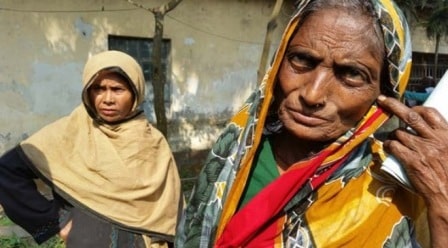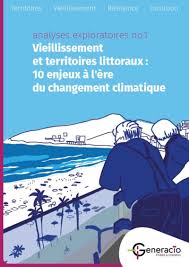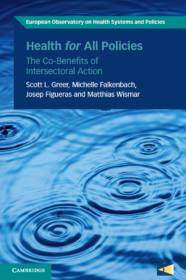
Demographic ageing: a worldwide phenomenon
According to numbers of the World Health Organisation, the number of older people worldwide will double in the coming years. By 2050, older people will make out 21,5% of the world population, compared to 12,3% today. In detailed numbers, the amount of older people will grow from about 870 million today to over 2 billion by 2050.
During the last few decades, life expectancy has risen sharply in many low- and middle-income countries. This poses new challenges for these countries. “We need to ensure that older people can stay independent and healthy as long as possible. The more older people can live independently, provide informal care for family members and help with the education of the children, the more they can become a driver for growth”, says Nils Vandenweghe, director of the Flemish Council of the Elderly. “But a lot of developing countries still have a long way to go in this regard. We need to provide more international guidance and support.”
Call for action
The organisations see 3 main challenges regarding older people: social protection, human rights and humanitarian aid. The organisations call on the federal minister for development cooperation for a stronger focus on older people in Belgian development policy and to put more effort into social protection worldwide.
The organisations also ask the federal government to participate actively and constructively in the UN discussions concerning the possibility of a convention on the human rights of older people. “A specific convention would put improving the living conditions of older people much higher on the political agenda, just like it did for children, women and people with disabilities.”






